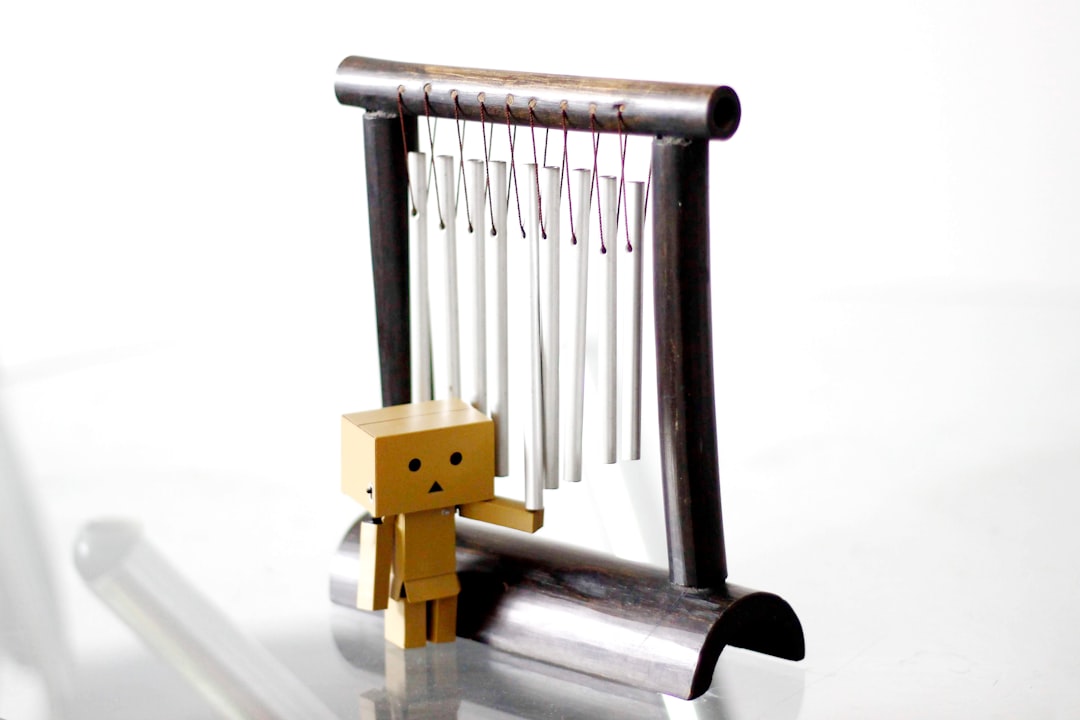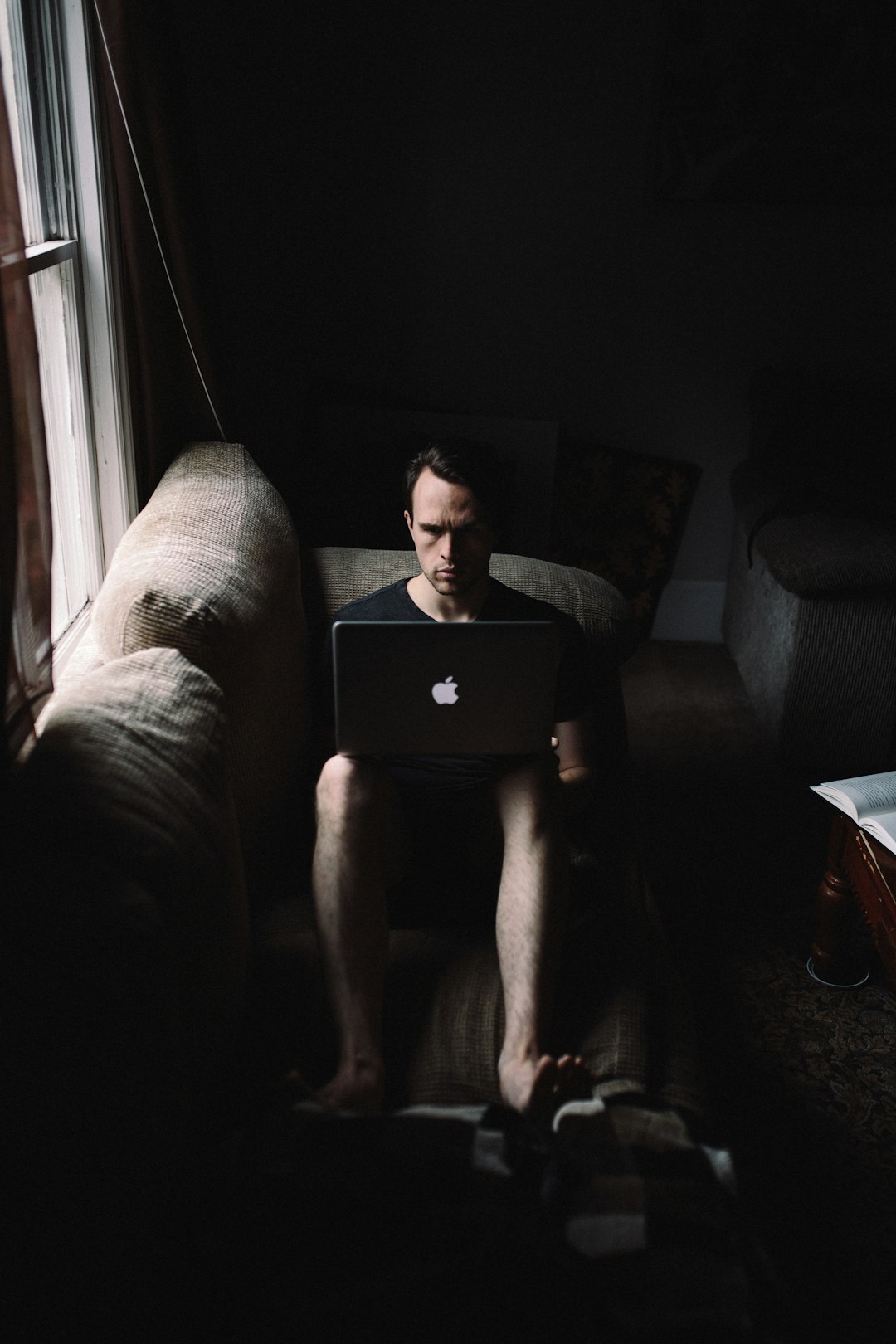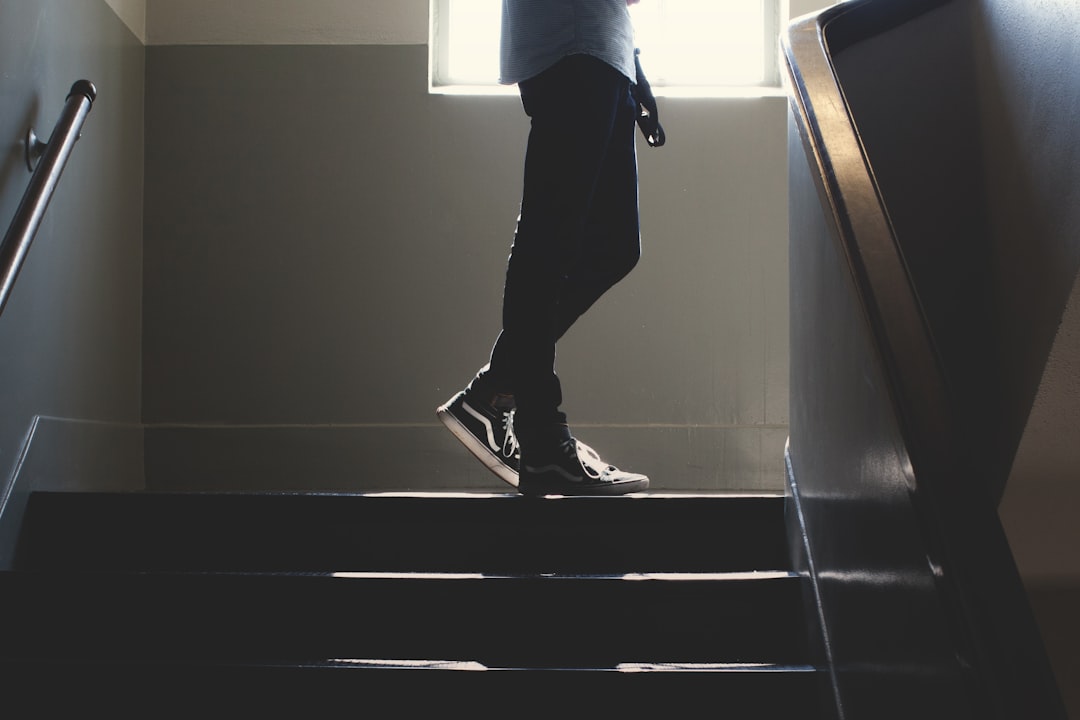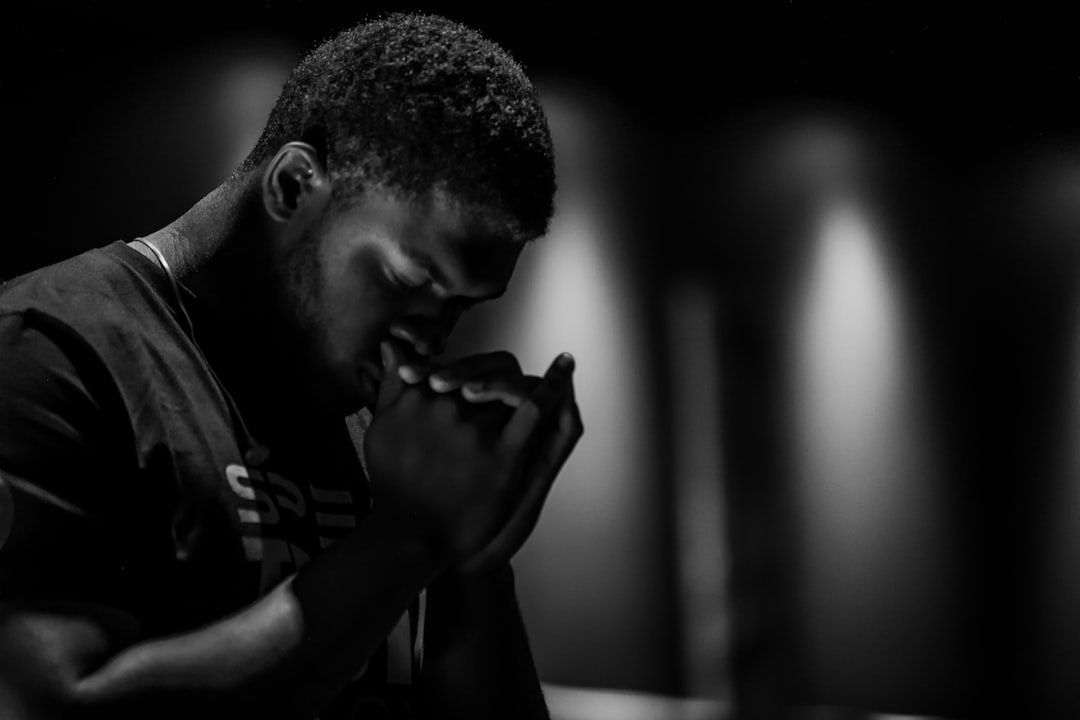10 signs of anxiety
It's normal to feel anxious from time to time, especially in stressful situations. However, if you find yourself constantly worrying or feeling anxious for no apparent reason, it may be a sign of an anxiety disorder. Here are 10 signs of anxiety to look out for:
1. Excessive Worrying
If you find yourself worrying excessively about things that are unlikely to happen or out of your control, it may be a sign of an anxiety disorder. This can lead to physical symptoms such as headaches, muscle tension, and fatigue.

2. Restlessness
Restlessness is a common symptom of anxiety. You may find it difficult to sit still or feel the need to constantly move around. This can also lead to difficulty sleeping or staying asleep.

3. Irritability
Anxiety can also cause irritability and mood swings. You may find yourself getting easily frustrated or snapping at others for no apparent reason.

4. Panic Attacks
Panic attacks are a sudden onset of intense fear or discomfort that can last for several minutes. Symptoms can include sweating, shaking, chest pain, and shortness of breath.

5. Avoidance
If you find yourself avoiding certain situations or activities because of fear or anxiety, it may be a sign of an anxiety disorder. This can lead to social isolation and difficulty functioning in daily life.

6. Obsessive Thoughts
Obsessive thoughts or compulsive behaviors can also be a sign of an anxiety disorder. You may find yourself constantly checking things or repeating certain actions in an attempt to ease your anxiety.

7. Physical Symptoms
Anxiety can also cause physical symptoms such as nausea, dizziness, and headaches. These symptoms can be a result of the body's fight or flight response to stress and anxiety.

8. Difficulty Concentrating
Anxiety can make it difficult to concentrate or focus on tasks. This can lead to decreased productivity and difficulty completing work or school assignments.

9. Self-Doubt
People with anxiety disorders may also experience self-doubt and negative self-talk. This can lead to low self-esteem and difficulty making decisions.

10. Substance Abuse
Substance abuse can be a way to cope with anxiety, but it can also make symptoms worse in the long run. If you find yourself turning to drugs or alcohol to ease your anxiety, it may be time to seek help.

